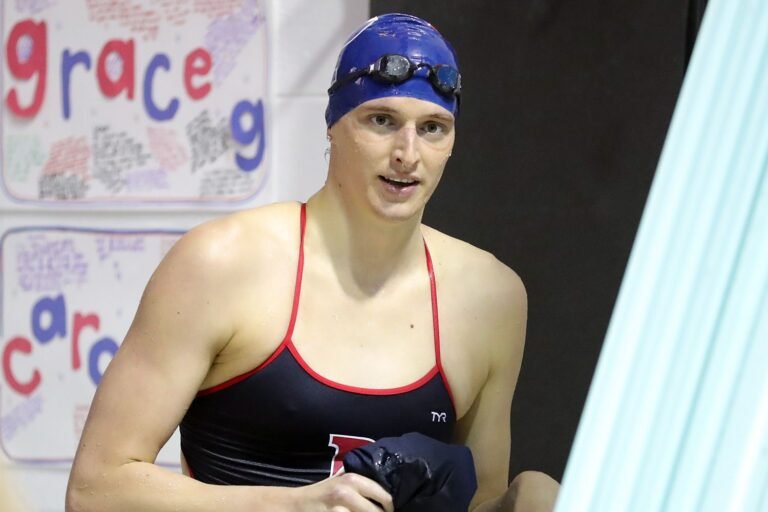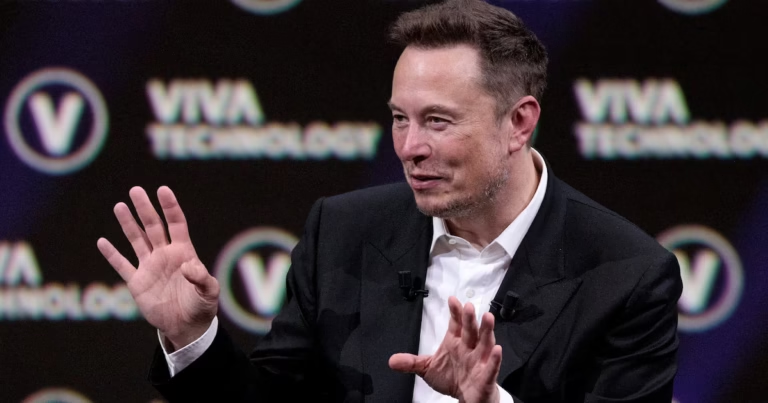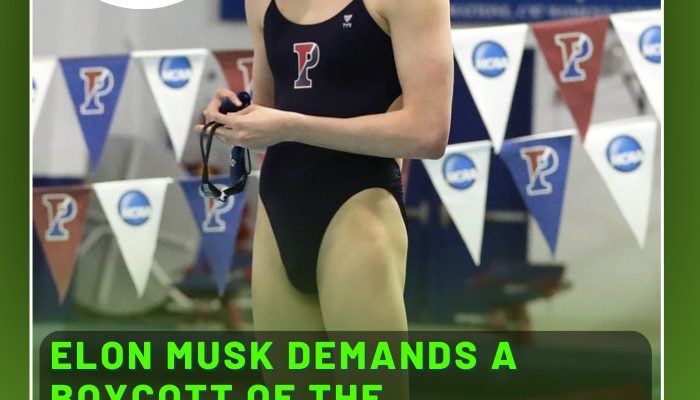In the move, which was amazed and divided by the public, Elon Musk, a billionaire entrepreneur known for his courageous and often controversial statements, lit a fire debate.
His latest comments, which require boycott of sports events that allow biological men to compete in the categories of women, have triggered an intense conversation that is reflected through social media, intelligence centers and athletic communities.
But was it just another inflammatory tweet, or does Musk point out a problem he has been growing for years? As the debate on justice in sports sports warms up, Musk finds himself in the middle of a cultural conflict that challenges the very definition of inclusivity and equality.

Elon Musk set fire to a significant controversy by calling on the boycott of sports events that allow biological men to compete in women’s categories. Tesla and SpaceX CEO found himself on Wednesday’s heated debate.
The problem began when Musk tweet: “It’s time to protect female sports. His tweet quickly became viral and caused a mixture of support and will. While some applauded Muska for standing for justice in female sports, others accused him of supporting the exclusive views and supporting harmful ideologies.
The justice conversation in female sports has been going on for years, with both sides expressing passionate views.
Translet supporters claim that integration is a matter of equality and human rights. Critics like Musk, however, claim that biological differences create their own advantage. “I support inclusivity,” Musk explained in the subsequent tweet, “but justice in competitions. Women’s sports should have straight conditions.”
Not surprisingly, Muska’s commands caused mixed reactions.
LGBTQ+ organizations criticized their opinion and claimed that it maintains harmful stereotypes about trans individuals.
“These comments will hurt athletes who only want to compete under the same conditions,” said the spokesman of the prominent group LGBTQ+ Advocacy Group.
On the other hand, some well -known athletes expressed their support for Muska’s attitude.

“It is justice,” said Martina Navratilova, a former tennis champion who had already dealt with this problem. “Women’s sports must remain fair.”
The core of this debate lies the biological differences between men and women.
Critics claim that research shows that biological men often have physical benefits, even after the underlying of medical procedures.
“It is not a hatred or exclusion,” Dr. James Peterson, a sports scientist. “It is a recognition of how biology affects the competition.”
However, Trans athletes fans believe that these benefits are often exaggerated and emphasize that hormonal therapies alleviate many differences.
Muska’s comments have pointed to a larger cultural abyss not only in the US but around the world. Gender identity and justice in sport have become highly controversial problems without any simple solution in sight.
For some, Musk’s words represent the necessary conversation about justice, while others feel that he uses his platform for a division.
In conclusion, the challenge of Elon Musk at the boycott of sports events that allow biological men to compete in the categories of women has lit a hard debate that underlines a larger, ongoing conversation about justice, gender identity and inclusiveness in sports.
While his attitude gained praise from those who advocated the same competition, he also caused resistance, especially from the LGBTQ+ groups and Trans Athletes who consider his comments exclusive and harmful. The problem is not just about one tweet, but reflects a deeper social division about what justice and equality represent.
Since this debate is still developing, it emphasizes the complexity of the balance of inclusion with honesty into a rapidly changing cultural landscape without a simple solution in sight. Musk’s words have shown that these questionable problems are far from being resolved and remain in the foreseeable future with an intensive discussion.



